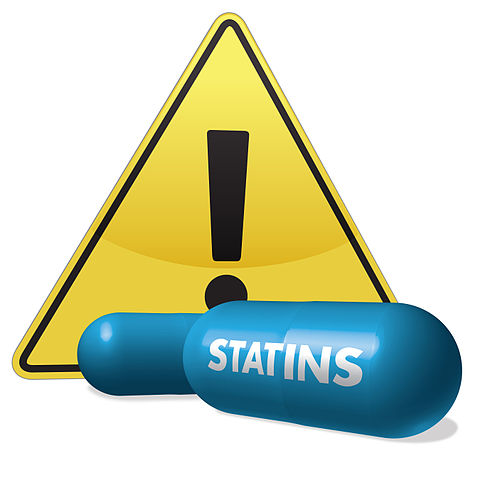Statins: How Safe and Effective Are These Cholesterol-Lowering Drugs?

In 2018, the US Food and Drug Administration announced important safety changes for statins, the popular cholesterol-lowering drugs.
High cholesterol is among the highest-risk cardiovascular disease factors, the leading cause of death in the United States. Reports indicate, every year, one in every three Americans, "Will die from heart attack stroke."
To help stop such deaths, medicines such as statins have been formulated and made available. These drugs reduce cholesterol levels. Cholesterols are the ones preventing unhealthy fats from forming and blocking the arteries.
The American Heart Association said, "Statins are the lone cholesterol-lowering medicines" directly linked to reduced risks of strokes and heart attacks.
Over 35 million people in the US are reportedly taking statins. Such medicines, which people can only buy through prescription, are available in both capsule and tablet forms.
ALSO READ: Study Reveals How Childhood Obesity Can Impact a Person's Life Through Adulthood
Safety and Effectiveness of Statins
Also known as "HMG-CoA reductase inhibitors," statins contribute to the prevention of the body from making bad cholesterol or LDL or low-density lipoprotein.
If a person has too much bad cholesterol in his blood, it can lead to plaque formation in the arteries. Such a process is identified as "atherosclerosis," It can develop blockages that enhance the risk for heart attack, heart ailment, and stroke.
Essentially, statins are blocking an enzyme in an individual's liver from producing bad cholesterol and help the liver, too, in taking out LDL cholesterol, which the blood already has.
Cardiology experts say statins help the body absorb cholesterol that has formed on the arteries' wall, lowering the probability of "blockages and dangerous heart conditions."
Furthermore, the said drugs can help increase good cholesterol or high-density lipoprotein in the blood. HDL cholesterol helps the body avoid or prevent bad or LDL cholesterol. In general, statins are proven effective when it comes to preventing strokes and heart attacks.
DON'T MISS THIS: Fruits, Vegetables and Whole Grains: Great for Reducing Type 2 Diabetes
Who Should Take Statins?
The AHA, together with the American College of Cardiology and some experts, in 2018, came out with specific guidelines recommending that doctors prescribe statins to patients included in high-risk groups such as those with CVD; those who have high bad cholesterol; those aged 40 to 75 years old; and with type 2 diabetes; and individuals who are 40 to 75 years old with at least 5.7-percent risk of having CVD in the next decade.
Typically, Statins prescribed to patients who have had either stroke or heart attack or at higher risk of experiencing one like those with diabetes, high blood pressure, or those who smoke heavily and regularly.
People with high cholesterol levels due to heredity may also be prescribed with statins. Such inherited conditions, known as familial hypercholesterolemia or FH, can cause some to produce too much bad cholesterol. Meanwhile, children who have FH may be prescribed with the drugs, as well.
Possible Side Effects
Statins, according to cardiologist Eugene Yang, MD, have been available for around 30 years now, and at least, from what the experts know, from long-term research, they seem very safe.
However, there are several known side effects of this drug, such as dizziness, nausea, constipation, and headache.
More so, other side effects tend to be more severe, although they rarely occur. These include muscle cell damage, liver impairment, and a slight rise in the blood sugar level, possibly leading to type 2 diabetes.
IN CASE YOU MISSED THIS: 3 Things You Need to Know about Home Cholesterol Test Kits
Jul 24, 2020 11:24 AM EDT





